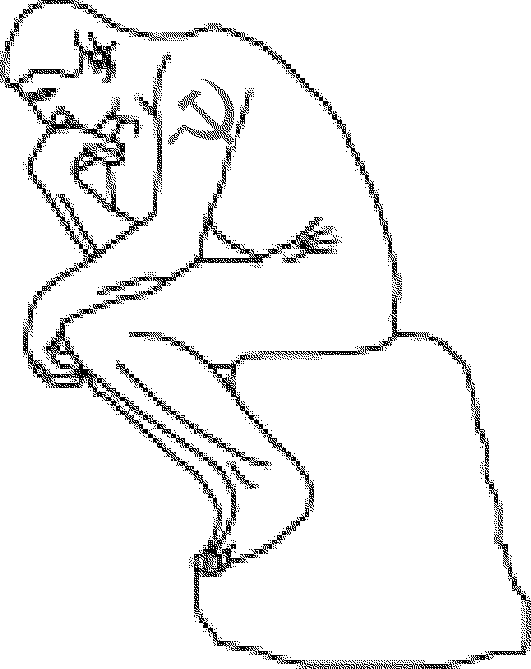
RIGHT! A commodity has use value, but that isn't what makes it a commodity. It's production for exchange! Please continue to the next question

It may be useful without being a commodity. Please look for the answer in the text, or just pick another answer

Theoretically, people could want things that don't even exist, so they wouldn't be commodities. Please look for the answer in the text, or just pick another answer

A person might produce something for their own consumption. They might cook a meal for themselves, for example, but that meal isn't a commodity. Please look for the answer in the text, or just pick another answer

Nobody could be blamed for picking this answer, even though it's wrong. It's what the capitalist economists teach us over and over again. Please look for the answer in the text, or just pick another answer

Supply and demand affect price, but they don't actually set it. If they did, it might be possible to buy a new house for pennies during an economic crisis. Please look for the answer in the text, or just pick another answer

RIGHT! Labor determines value. Please continue to the next question

Commodities could be used or consumed without ever having been bought or traded, consequently their exchange value cannot be set at the point of consumption. Please look for the answer in the text, or just pick another answer

Low demand may lower the price, but not the value. Please look for the answer in the text, or just pick another answer

They may change the price, but not the value. Please look for the answer in the text, or just pick another answer

Capitalist economists tell us that the market creates the values, but they don't. Please look for the answer in the text, or just pick another answer

RIGHT! The value of a commodity is set by its labor. It may be realized in the market, but it is determined by labor. Please continue to the next question

Machinery and raw materials do add value. But how much? Please look for the answer in the text, or just pick another answer

RIGHT! If a machine can produce one million commodities, then one millionth of its value goes into each one! Please continue to the next question

A commodity would be pretty expensive if the entire machine's value were added in. Please look for the answer in the text, or just pick another answer

Capitalist economists want us to think that the market determines value, but it doesn't. Please look for the answer in the text, or just pick another answer

RIGHT! The raw material is a commodity, and it's value is determined the same way as any other commodity. Please continue to the next question

It's true that there are a lot of arguments over ownership of minerals, but the answer is a lot simpler than that. Please look for the answer in the text, or just pick another answer

Sorry, raw materials have value, too. Please look for the answer in the text, or just pick another answer

Competing prices don't determine value. Please look for the answer in the text, or just pick another answer

Don't get price mixed up with value. Please look for the answer in the text, or just pick another answer

Markets affect prices, but they aren't the main thing. Please look for the answer in the text, or just pick another answer

RIGHT! One reason that people confuse "price" with "value" is that there is a tendency for them to be equal. It's the market that makes that tendency. Thanks for doing this little module. Your feedback could help us improve the on-line school.

Price and value are not the same thing, even though there's a tendency for price to approximate value. Please look for the answer in the text, or just pick another answer
